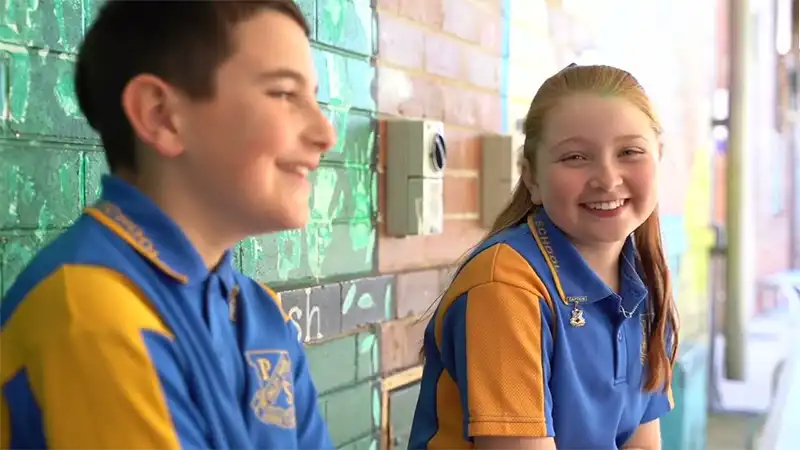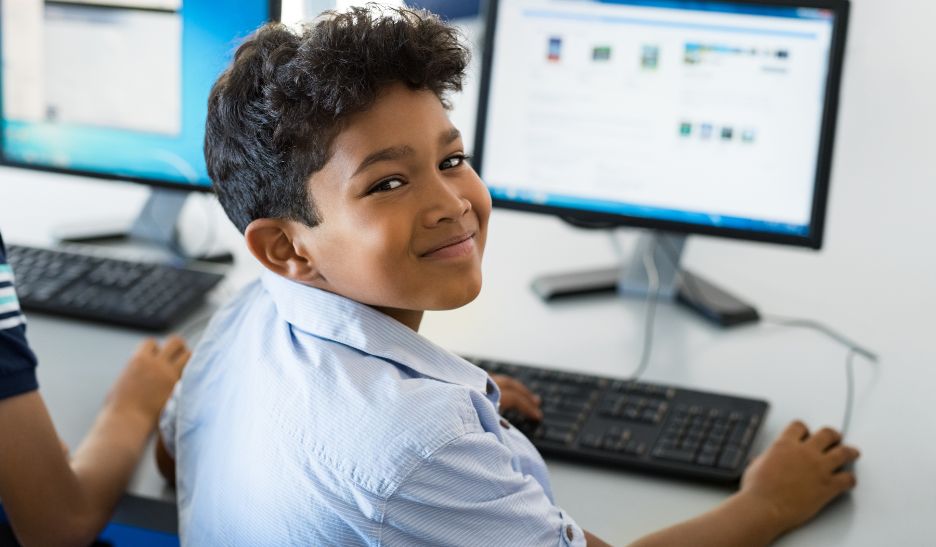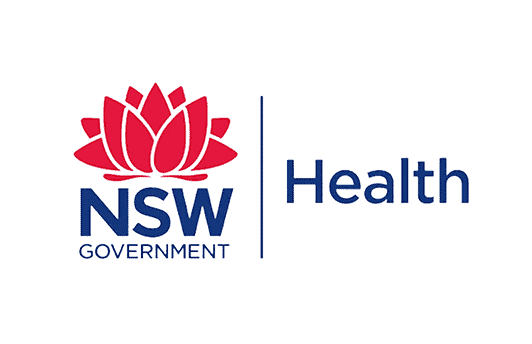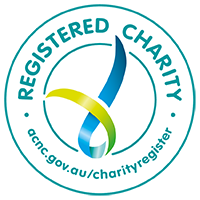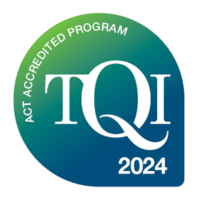Information hub
Discover insights and tips on student wellbeing, including resilience, anti-bullying, student voice, student leadership, SRC, and more.
Peer Support Program
Learn more about the Peer Support Program and how it can support your school.
Starting high school
Get tips to support students as they transition from Year 6 to Year 7.
Student Representative Council
Build an effective SRC that becomes a strong student voice.
Student leadership
Empower your students to be responsible and accountable for their actions.
Student wellbeing
Find research, stories and expert insights into boosting student wellbeing at your school.
Resilience
Discover how to help kids and young people better navigate life’s ups and downs.
Anti- bullying
Learn how to build a school culture that helps prevent and reduce bullying.
Research
Learn from industry data and research on student mental health and wellbeing.
Parents and carers
Explore tips and tricks to support your child’s journey as a student.
Teacher Wellbeing
Explore tips and tricks on improving teacher wellbeing and mental health.

